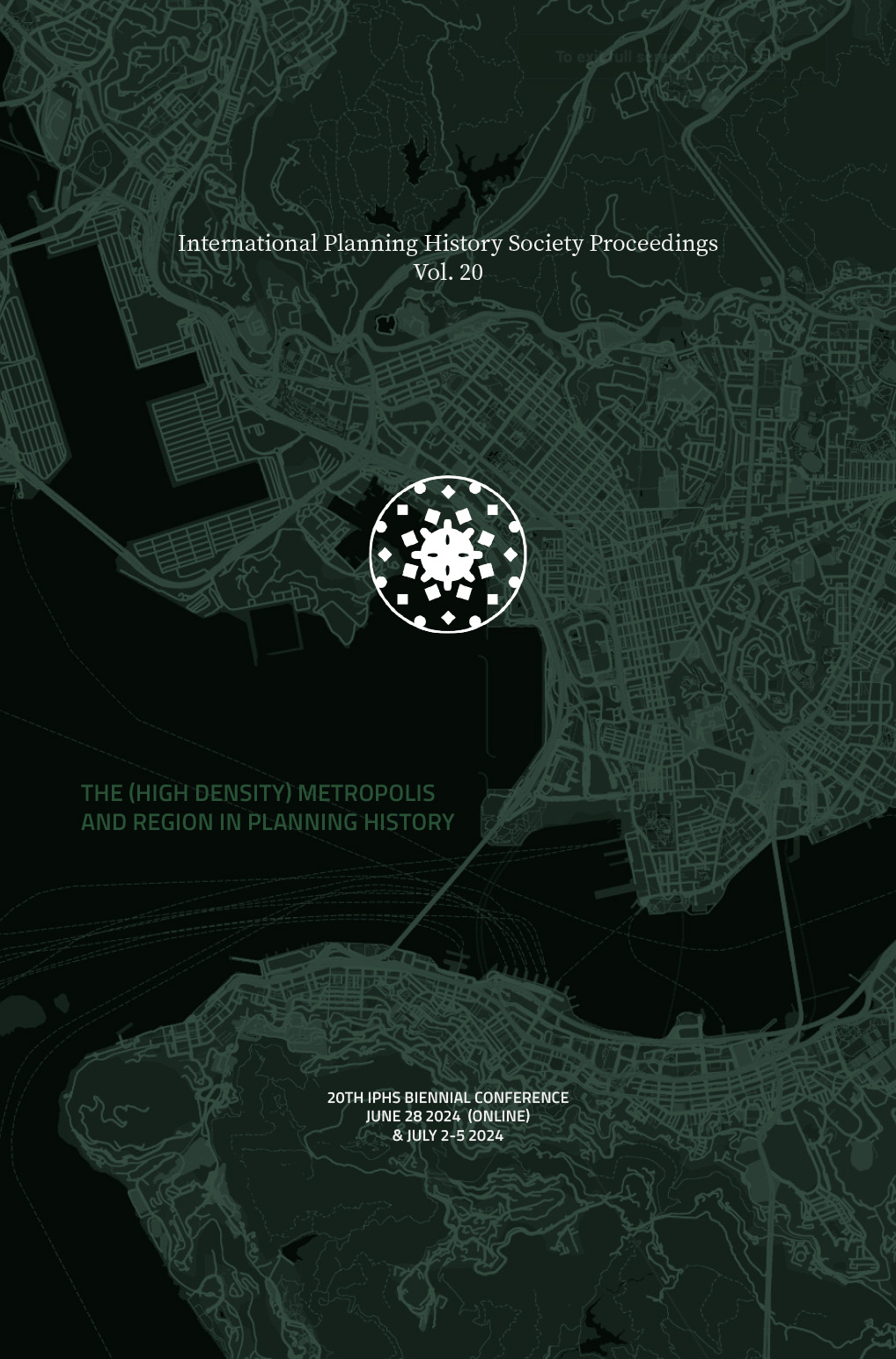Asunción, Mother of Cities
The Temptation of an Ecologic Utopia
DOI:
https://doi.org/10.7480/iphs.2024.1.7645Abstract
This study aims to reveal how an original sequence of syncretism characterizes the development of architecture and urbanism in Asunción, capital city of Paraguay, unique in the mainstream urban history of Latin America. This investigation focuses on how a series of cultural syncretism mediate through time the tensions between endogenous and exogenous practices: vernacular material ecologies related to the cultural techniques of the Guarani, and colonial urban models introduced by the Spanish monarchy and the Jesuit missions. Articulated through an ecological, socio-cultural, and spatial understanding of Tereré and its tea rituals. It lies at the navel of every single spiral of syncretism: in its materials, symbols, and forms. As they mutate, so do its territories, urbanisms, and architectures. Even though it shares a history of Spanish colonialism with other capital cities, the grids of the Laws of Indies and the Jesuit castrum organization of space could not completely subdue the environmental logic of the Guaraní nation. Thus, the project aims to highlight the cultural values imprinted within an accretion of syncretism which offers a wealth of spatial expression in Asunción as it stands today.
Downloads
Published
How to Cite
Issue
Section
License
Copyright (c) 2024 Juan Marcos Guareschi

This work is licensed under a Creative Commons Attribution 4.0 International License.

